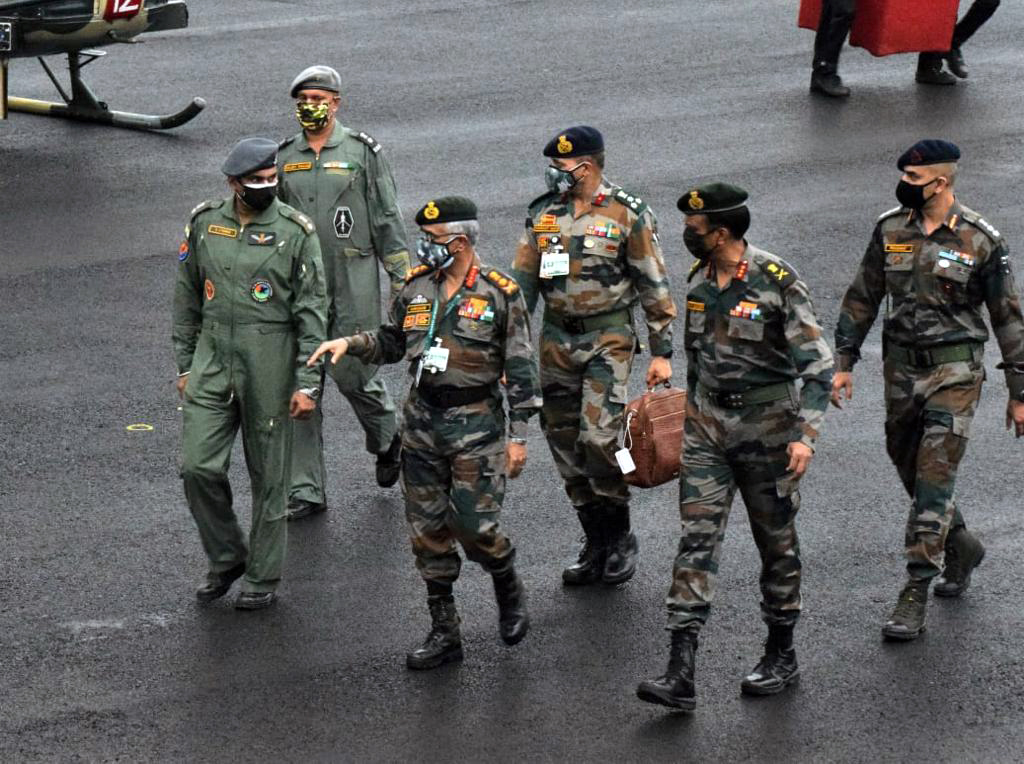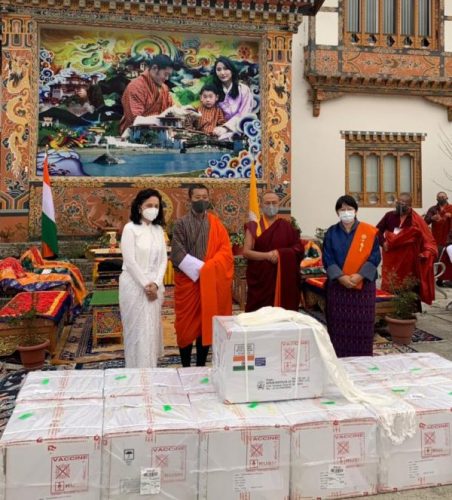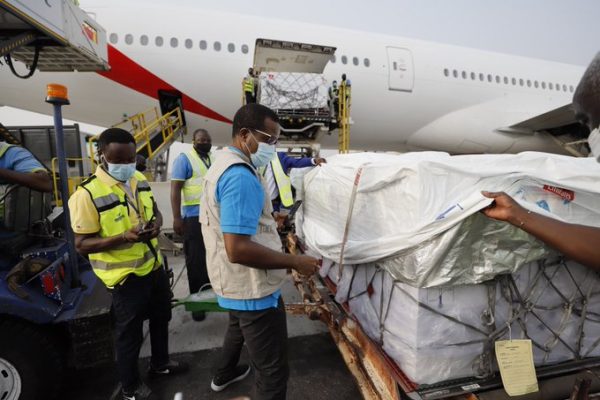Beijing has reportedly built an entire town, replete with roads and office buildings, inside Bhutan; China eyeing more influence in Afghanistan as US prepares to leave
Our Bureau
New Delhi
The Indian Army on Sunday clarified that no “face-off” had taken place between the armies of India and China in the first week of May. In a statement, the Army said that the media report in question published on Sunday had been taken note of, and the article seemed to be inspired by sources “trying to derail the ongoing process of early resolution of issues in the region”.
It further requested media professionals to clarify ‘actual versions/positions’ on incidents from authorized sources in the Army and not base reports on ‘un-corroborated inputs from third parties’.
But few can deny that China is becoming a big problem for India in the region. China has been gradually and stealthily invading its tiny neighbor Bhutan for years now, reveals new research findings.
A paper published by journal Foreign Policy stated that China has built an entire town, replete with roads, a power plant, two CPC buildings, a communications base, military and police outposts and a warehouse, almost 8 kilometers into Bhutan, reported the Australian news, site news.com.au. In early April, the Chinese welcomed a delegation of international visitors to the city of Kunming in Yunnan province, which discussed China’s mountainous southern border, which lies uninhabited and sports wild terrain.
With a population of just 800,000 compared to China’s 1.4 billion, “there is little Bhutan can do” but watch as Beijing takes large gulps of its territory, the research paper states. “This involves a strategy that is more provocative than anything China has done on its land borders in the past,” wrote Robert Barnett in Foreign Policy earlier this month.

Ladakh on Wednesday. (ANI Photo)
The largely Buddhist Bhutanese have much in common with the people of Tibet which now lies within China. But diplomatically and economically, the government in Thimphu has closer links to India and Beijing doesn’t even have an embassy in Bhutan.
Called Gyalaphug, or Jieluobu in Chinese, an administration block at its center features a hammer and sickle. A nearby banner proclaims “Resolutely uphold the core position of General Secretary Xi Jinping!”
It’s estimated several hundred people, and even more yaks, could now live in Gyalaphug. That number is boosted by a rotation of construction workers, party cadres, police and soldiers.
Also, Bhutan is adamant that the dispute in the country’s east, where Beijing now claims land in the Sakteng wildlife reserve, is a new one. It’s never been raised by China before. Sakteng does not even border China, reported news.com.au.
On the other side, as the US continues to withdraw its troops from Afghanistan, several voices in Washington, including some from the Biden administration, expressed concern over ‘serious consequences’ for the region after the Americans leave, especially from China filing a power vacuum created by a ‘strategic retrograde’ from the war-torn nation.
“It is clear that there is a number of different countries around the region that do have interests and that have the potential to exercise malign influence in Afghanistan,” said David Helvey, acting assistant secretary of defense for Indo-Pacific security affairs, at a US Senate Armed Services Committee hearing on Thursday, reported Nikkei Asia. Helvey further said that China does have an interest in Afghanistan. “That China’s influence could be used to undermine stability, instead of reinforce stability or support stability, obviously, that’s something that we’ve got concern about,” he said.
After US President Joe Biden announced the decision to withdraw American troops from Kabul, a bipartisan chorus of voices in Washington has raised concerns over the impact of the withdrawal, including the protection of women, minorities, media and the collapse of Afghan security forces.
US Republican Senator Marsha Blackburn had earlier questioned Pentagon officials about the possibility of China using its Belt and Road initiative to gain “unfettered access” across Afghanistan to Iran, potentially connecting the two American rivals.
“We have been in Afghanistan for over 20 years, and too many of our brave service members have been killed,” said Blackburn on Friday in reply to a question from Nikkei Asia.
The top commander in the Middle East and Afghanistan, General Frank McKenzie, who is overseeing the withdrawal as the commander of US Central Command, said Afghanistan’s military “will certainly collapse” after the withdrawal without American support.
He also admitted that he was concerned about the security of the American Embassy in Kabul after the US withdrawal and the prospects of China filling the vacuum in the region, reported Nikkei Asia.
Earlier this month, China had blamed the United States’ “abrupt announcement of complete withdrawal of forces” for the succession of explosive attacks throughout Afghanistan, saying the step has worsened the security situation and has threatened peace and stability as well as people’s lives and safety in the war-torn country.


























